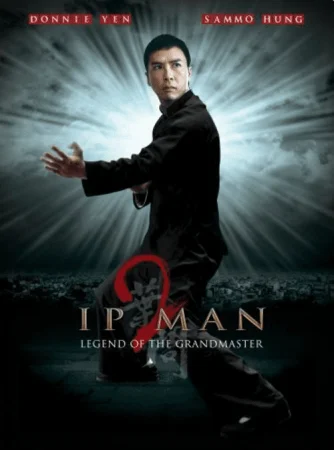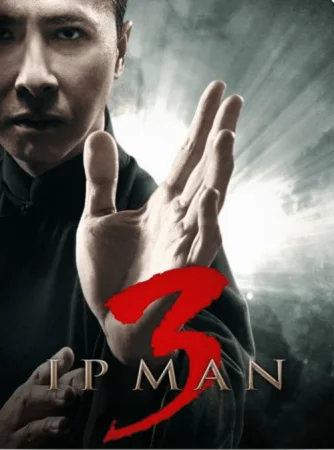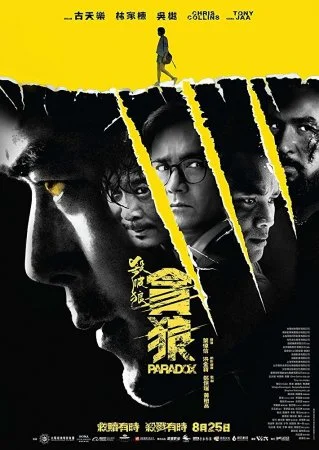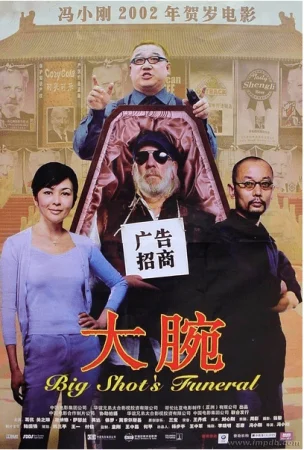Featured Movies
Ebola Syndrome 4K 1996 CHINESE Ultra HD 2160p
Сountry: Hong Kong
Genre: Thriller
Language: Cantonese, English
Cast: Anthony Chau-Sang Wong, Yeung-Ming Wan, Fui-On Shing, Chui Ling, Tsui-Ling Wong, Miu-Ying Chan, Meng Lo, Lu Cheung, Sin-Yi Yip, Bobby Yip, Edward Corbett, Lorraine Ho, Cheung-Lung Kai, Lori Shannon, Michael Tam.
Storyline
Hong Kong 1986: A restaurant employee murders his boss and mutilates his wife, he escapes to South Africa where he rapes a Zulu-girl, who is infected with the ebola virus. In the restaurant where he now works he murders his boss and the bosses wife after raping her. He chops them up and makes them into hamburgers, which he sells in the restaurant, spreading the ebola virus. When the police come on his trail he moves back to Hong Kong and an ebola epidemic starts there.
User Review
This is the first Herman Yau-directed film that I've seen. If it's not an atypical work for him, I need to see a lot more, because this is a masterpiece.
However, Ebola Syndrome (aka "Yi bo la beng duk") is understandably not something that everyone will enjoy. It's a Chinese film that intentionally earned their infamous "Category III" rating, which is equivalent to the old X's or current NC-17's in the U.S. The film is full of over-the-top (although not strictly pornographic) sex, violence and all-around depravity. The combination of gore and various kinds of bodily fluid excretion/ejection/evacuation was too much for my wife too take, and she angrily bowed out about halfway through. But it looks like those not of a disposition to enjoy the film do not tend to seek it out, and in general, if you have a strong stomach and you're not easily offended (I can't imagine a film being able to gross me out or offend me), this is a gem of a film in several genres.
Ebola Syndrome begins in Hong Kong. The protagonist, an oddly charismatic anti-hero named Kai (Anthony Wong Chau-Sang), is having sex with a woman whom we first assume is a prostitute, but whom we shortly learn, more importantly, is his boss' (he seems to be a mob boss) wife. Kai and his lover are almost caught in the act. Kai does not bother trying to deny anything. The boss threatens to castrate him, but Kai cleverly takes advantage of the situation and wipes out his boss and the boss' cronies and wife. He almost takes out their young daughter, too, but at the last moment, just as he's about to set her afire, someone else walks into the apartment.
Kai flees to South Africa, where he ends up working in a Chinese restaurant. He went during the tail end up the Apartheid era, and as we catch up with him after the title credits, it's 1996, just after Apartheid has ended. Kai isn't very well respected. He's earning the least out of all of the employees and seems to be doing the most work. His new boss' wife particularly hates him, but his new boss seems to be somewhat sympathetic and regularly takes him out on business runs. When local white butchers want to rip them off, Kai and his boss head to a Zulu tribe area to buy meat from them instead. Unfortunately, they run into victims of the Ebola virus, and Kai, having his peculiar disposition, foolishly comes into close contact with a victim.
As a horror film, Ebola Syndrome is extremely effective. The early, amped-up violence in the film tends to push viewers out of their normal, emotionally stable states. Once the Ebola virus becomes a plot point, viewers are already halfway on their way to the kind of horror that doesn't involve scares so much as a feeling that the bottom is dropping out of their safe world views.
That's the kind of approach that's the most effective for me as horror, emotionally, because for whatever reason, films just cannot make me feel fear. Yau and scriptwriter Ting Chau go out of their way to convey just how dangerous something like Ebola is. In both the real world and the film, it is easily spread through any kind of bodily fluid, including droplets of mucus/saliva that enter the air when someone coughs or sneezes. In a densely populated area like Johannesburg or Hong Kong, that could spell widespread disaster. Later sections of the film focus on the countless ways that Kai is spreading the virus to others, who will spread it themselves. This engenders a lot of suspense, as does the burgeoning widespread panic. Yau achieves almost a classic George Romero vibe.
But surprisingly, Ebola Syndrome is also a macabre comedy. Especially early scenes are just as often laugh-out-loud funny as they are violent or disturbing. Often both modes arrive at the same time. The concern with humor disappears slightly in the latter half of the film, once Kai returns to Hong Kong, but the film doesn't suffer for the transition. Yau's direction, editing and all of the technical elements are smooth as silk throughout.
The beginning of Ebola Syndrome is also just as much a crime film as horror--in fact, it has a heavy Quentin Tarantino feel. Later sections are also just as much in the police-procedural subgenre and the final, extended sequence plays a bit more like a thriller that goes for the jugular.
Given the location hopping and the trip to the Zulu tribeland, Yau even conveys a slight sense of adventure. The combination of styles could easily become an unfocused mish-mash in lesser hands, but Yau makes it feel 100% "natural". And Anthony Wong Chau-Sang plays his role beautifully. He manages to sell Kai as a character who isn't exactly evil, but who sure is hell isn't innocent, either. Kai seems almost a bit developmentally disabled at times, and he's mostly likable despite his reprehensible actions. Kai is more a guy who continually has bad luck, but who just wants to have a good time in life. At the same time, he doesn't seem to really understand conventional ethical ideas. That's an extremely tough combination of qualities to convey, especially while the character is killing others right and left, but Anthony Wong Chau-Sang has created one of the most charismatic, engaging anti-heroes ever. The other performances are all great, too, but Kai is definitely the focus here.
Ebola Syndrome is as intelligent and artistic as it is controversial and disturbing. If you have even the slightest taste for over the top, graphically violent horror with a sense of humor, this is a must see.
Hong Kong 1986: A restaurant employee murders his boss and mutilates his wife, he escapes to South Africa where he rapes a Zulu-girl, who is infected with the ebola virus. In the restaurant where he now works he murders his boss and the bosses wife after raping her. He chops them up and makes them into hamburgers, which he sells in the restaurant, spreading the ebola virus. When the police come on his trail he moves back to Hong Kong and an ebola epidemic starts there.
User Review
This is the first Herman Yau-directed film that I've seen. If it's not an atypical work for him, I need to see a lot more, because this is a masterpiece.
However, Ebola Syndrome (aka "Yi bo la beng duk") is understandably not something that everyone will enjoy. It's a Chinese film that intentionally earned their infamous "Category III" rating, which is equivalent to the old X's or current NC-17's in the U.S. The film is full of over-the-top (although not strictly pornographic) sex, violence and all-around depravity. The combination of gore and various kinds of bodily fluid excretion/ejection/evacuation was too much for my wife too take, and she angrily bowed out about halfway through. But it looks like those not of a disposition to enjoy the film do not tend to seek it out, and in general, if you have a strong stomach and you're not easily offended (I can't imagine a film being able to gross me out or offend me), this is a gem of a film in several genres.
Ebola Syndrome begins in Hong Kong. The protagonist, an oddly charismatic anti-hero named Kai (Anthony Wong Chau-Sang), is having sex with a woman whom we first assume is a prostitute, but whom we shortly learn, more importantly, is his boss' (he seems to be a mob boss) wife. Kai and his lover are almost caught in the act. Kai does not bother trying to deny anything. The boss threatens to castrate him, but Kai cleverly takes advantage of the situation and wipes out his boss and the boss' cronies and wife. He almost takes out their young daughter, too, but at the last moment, just as he's about to set her afire, someone else walks into the apartment.
Kai flees to South Africa, where he ends up working in a Chinese restaurant. He went during the tail end up the Apartheid era, and as we catch up with him after the title credits, it's 1996, just after Apartheid has ended. Kai isn't very well respected. He's earning the least out of all of the employees and seems to be doing the most work. His new boss' wife particularly hates him, but his new boss seems to be somewhat sympathetic and regularly takes him out on business runs. When local white butchers want to rip them off, Kai and his boss head to a Zulu tribe area to buy meat from them instead. Unfortunately, they run into victims of the Ebola virus, and Kai, having his peculiar disposition, foolishly comes into close contact with a victim.
As a horror film, Ebola Syndrome is extremely effective. The early, amped-up violence in the film tends to push viewers out of their normal, emotionally stable states. Once the Ebola virus becomes a plot point, viewers are already halfway on their way to the kind of horror that doesn't involve scares so much as a feeling that the bottom is dropping out of their safe world views.
That's the kind of approach that's the most effective for me as horror, emotionally, because for whatever reason, films just cannot make me feel fear. Yau and scriptwriter Ting Chau go out of their way to convey just how dangerous something like Ebola is. In both the real world and the film, it is easily spread through any kind of bodily fluid, including droplets of mucus/saliva that enter the air when someone coughs or sneezes. In a densely populated area like Johannesburg or Hong Kong, that could spell widespread disaster. Later sections of the film focus on the countless ways that Kai is spreading the virus to others, who will spread it themselves. This engenders a lot of suspense, as does the burgeoning widespread panic. Yau achieves almost a classic George Romero vibe.
But surprisingly, Ebola Syndrome is also a macabre comedy. Especially early scenes are just as often laugh-out-loud funny as they are violent or disturbing. Often both modes arrive at the same time. The concern with humor disappears slightly in the latter half of the film, once Kai returns to Hong Kong, but the film doesn't suffer for the transition. Yau's direction, editing and all of the technical elements are smooth as silk throughout.
The beginning of Ebola Syndrome is also just as much a crime film as horror--in fact, it has a heavy Quentin Tarantino feel. Later sections are also just as much in the police-procedural subgenre and the final, extended sequence plays a bit more like a thriller that goes for the jugular.
Given the location hopping and the trip to the Zulu tribeland, Yau even conveys a slight sense of adventure. The combination of styles could easily become an unfocused mish-mash in lesser hands, but Yau makes it feel 100% "natural". And Anthony Wong Chau-Sang plays his role beautifully. He manages to sell Kai as a character who isn't exactly evil, but who sure is hell isn't innocent, either. Kai seems almost a bit developmentally disabled at times, and he's mostly likable despite his reprehensible actions. Kai is more a guy who continually has bad luck, but who just wants to have a good time in life. At the same time, he doesn't seem to really understand conventional ethical ideas. That's an extremely tough combination of qualities to convey, especially while the character is killing others right and left, but Anthony Wong Chau-Sang has created one of the most charismatic, engaging anti-heroes ever. The other performances are all great, too, but Kai is definitely the focus here.
Ebola Syndrome is as intelligent and artistic as it is controversial and disturbing. If you have even the slightest taste for over the top, graphically violent horror with a sense of humor, this is a must see.
File size: 58.28 GB

You have purchased premium on MoonDL or TakeFile. You will automatically be activated an additional 512 GB of traffic every 48 hours or up to 128 GB every 48 hours (Premium Moon).
Watch trailer of the movie Ebola Syndrome 4K 1996 CHINESE Ultra HD 2160p
Maybe You like:
Add comments
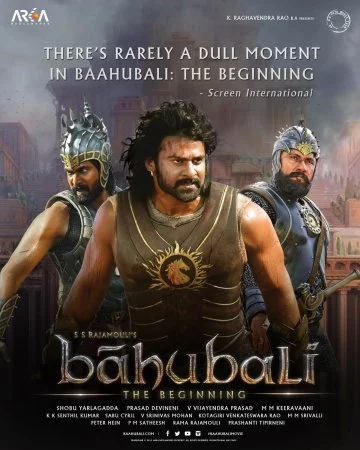


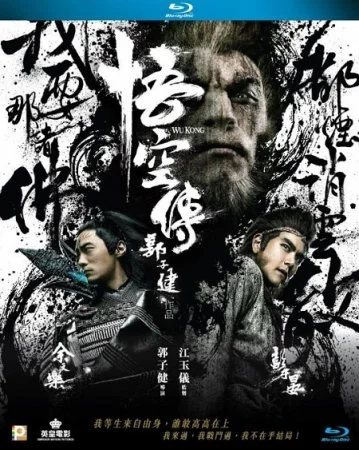



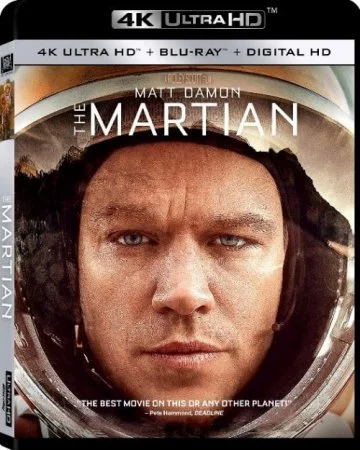
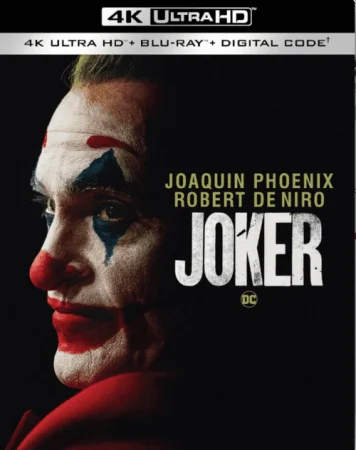



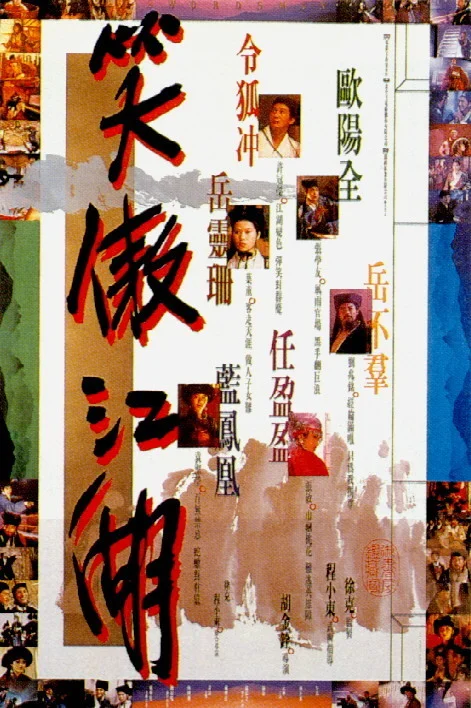

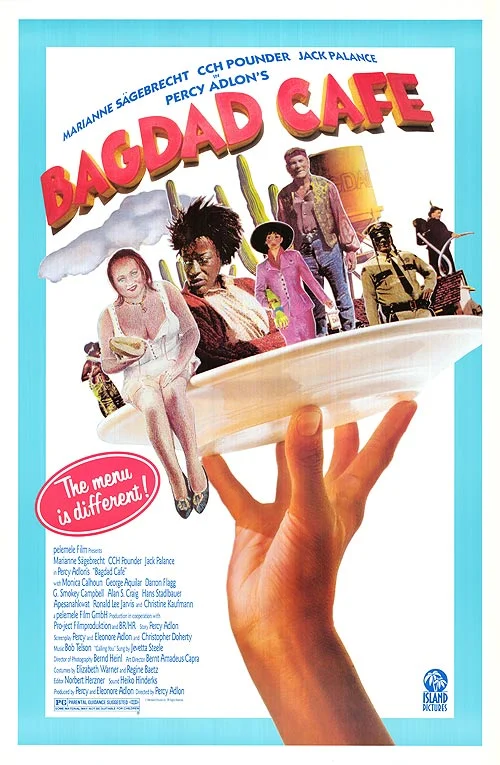


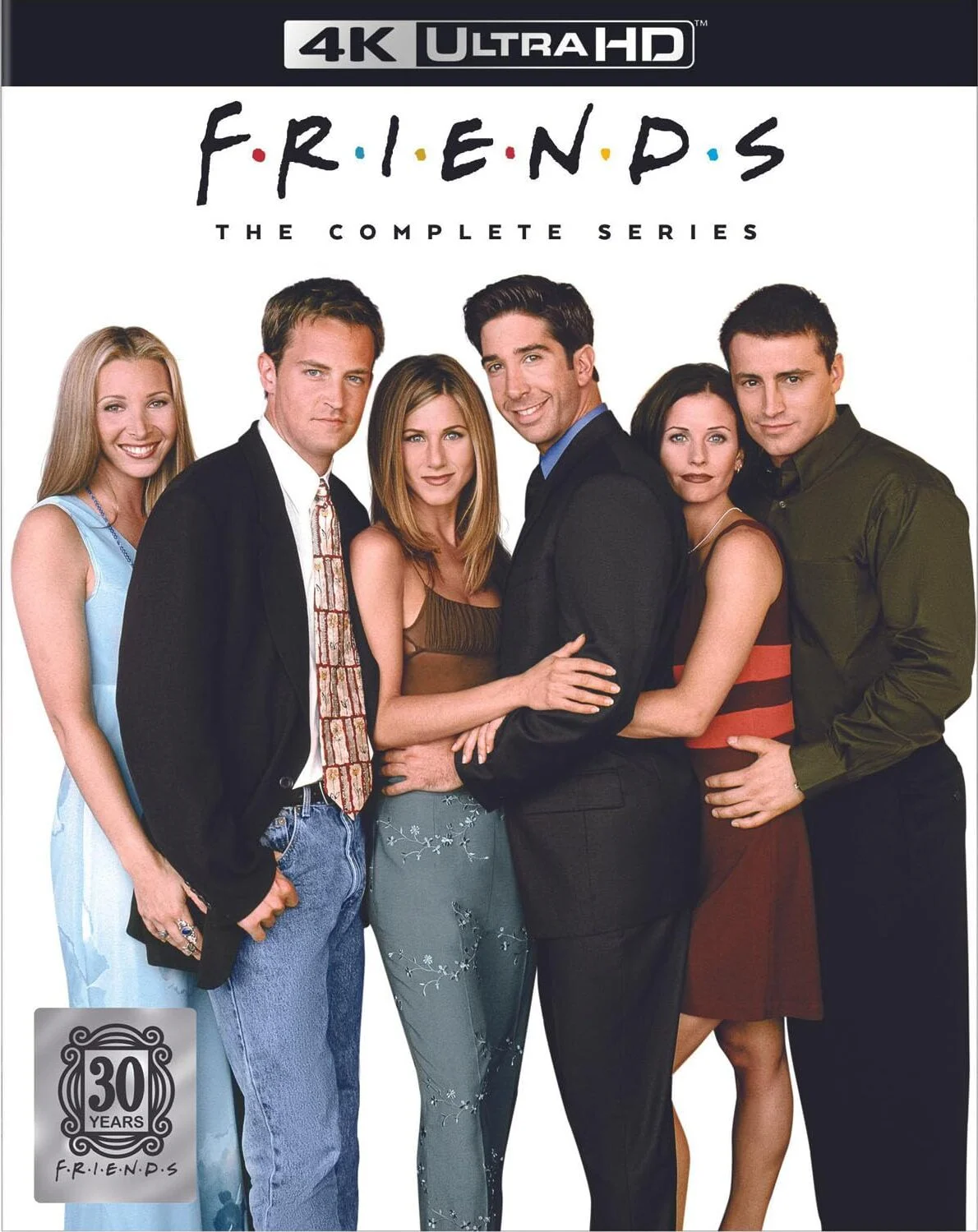



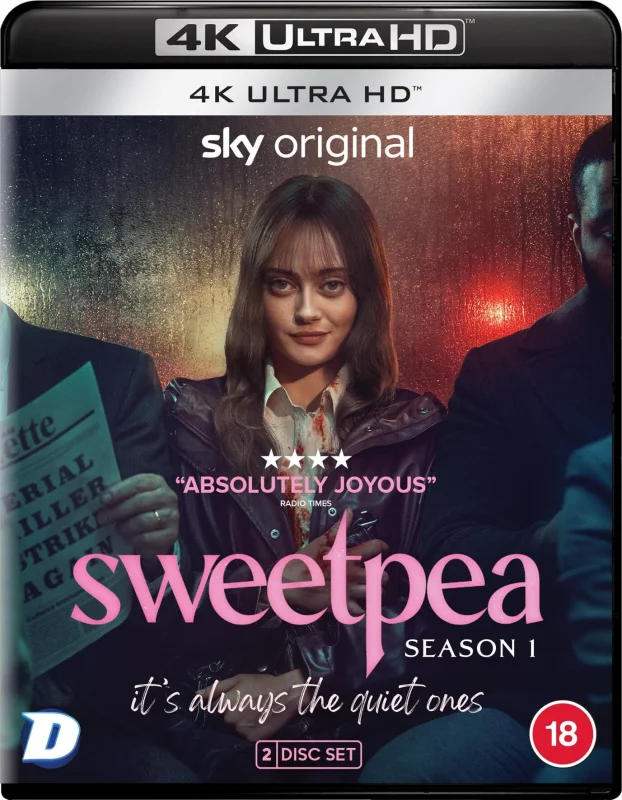
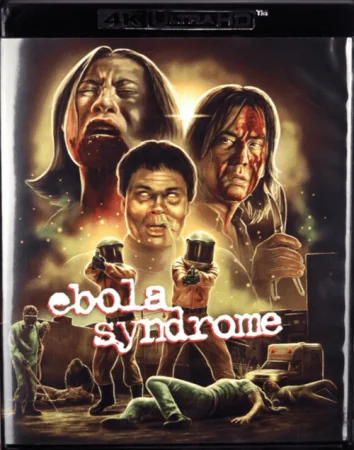
 Like
Like Don't Like
Don't Like
